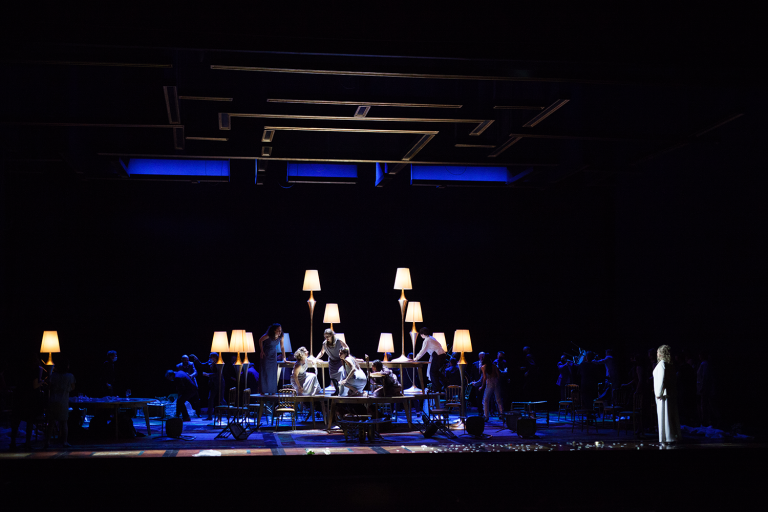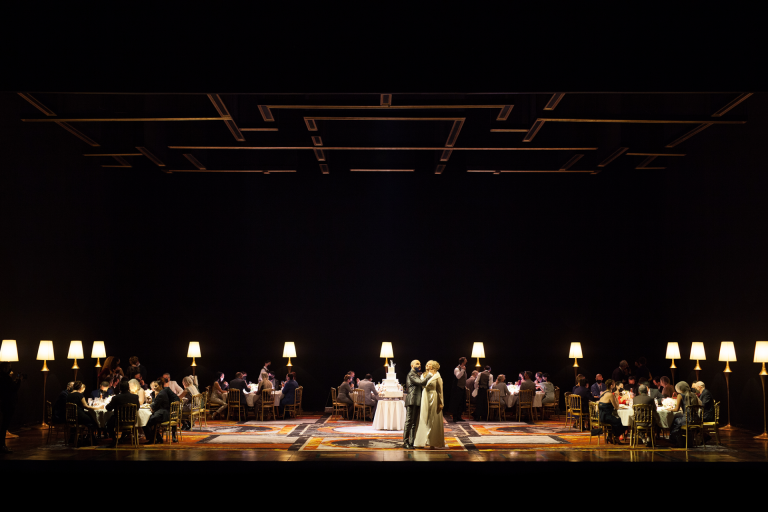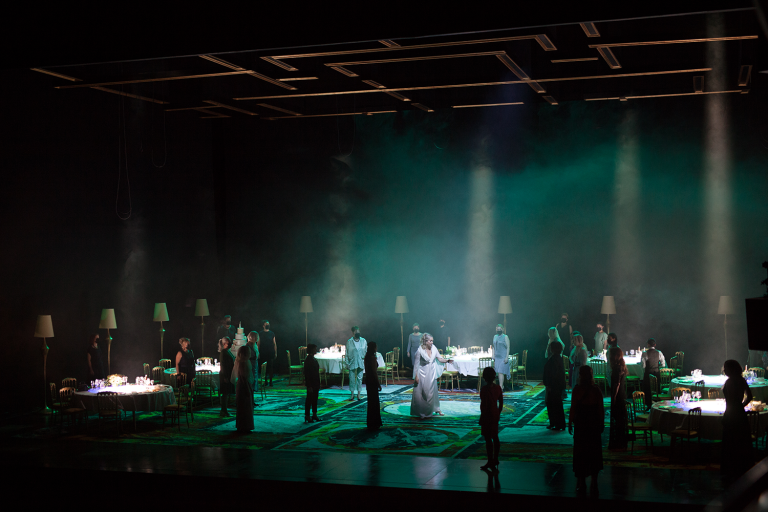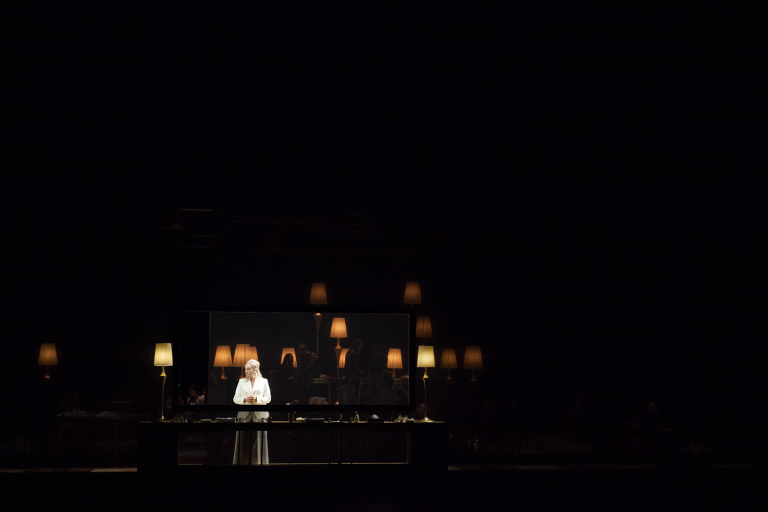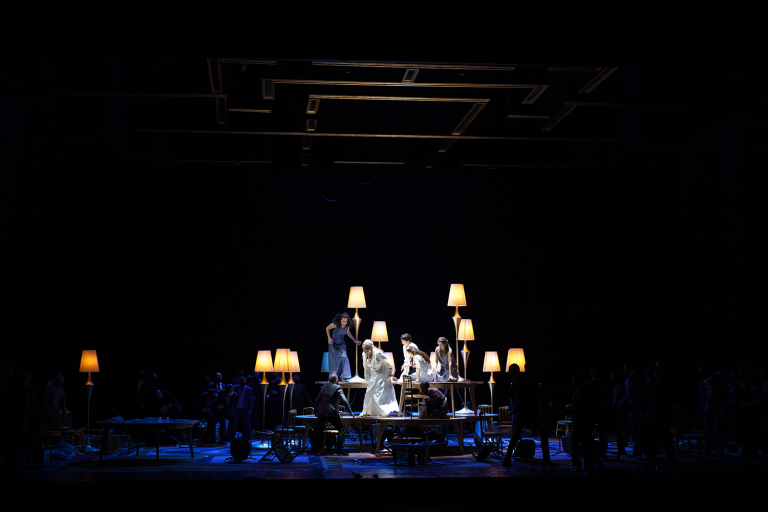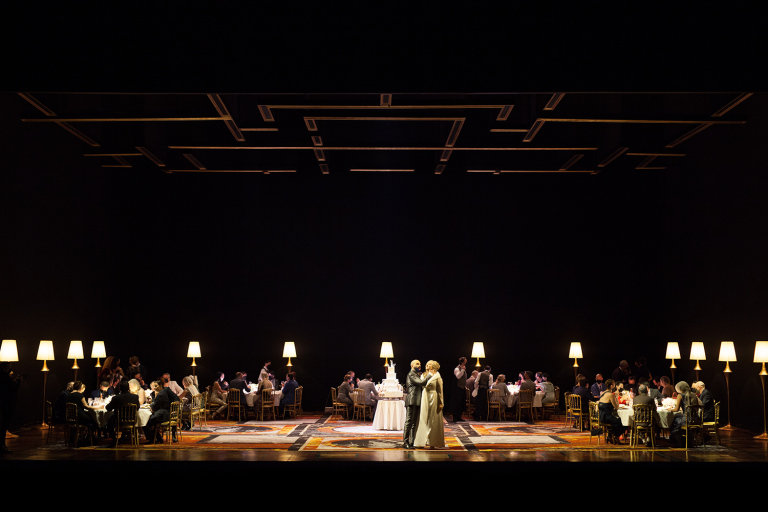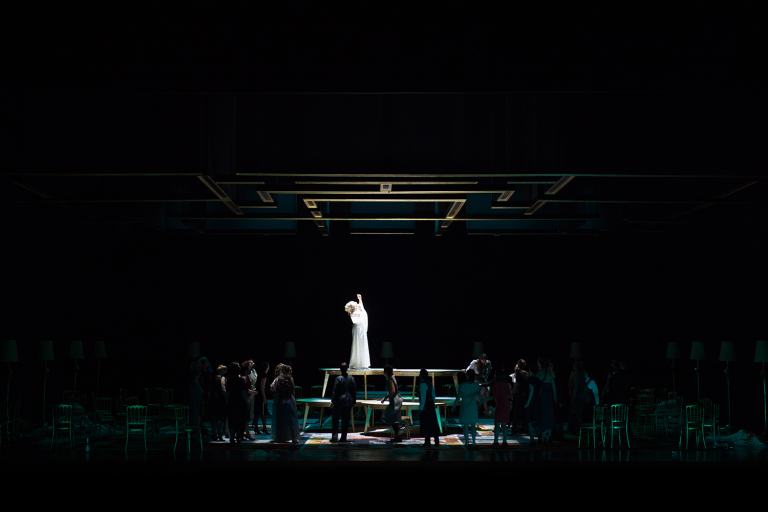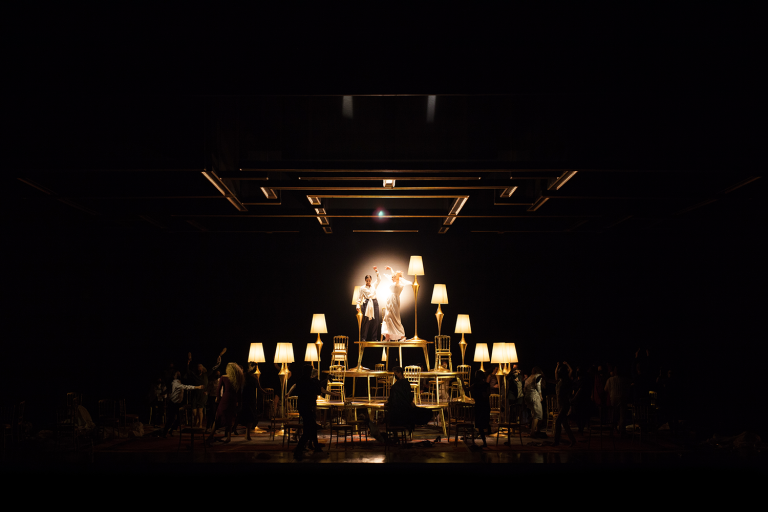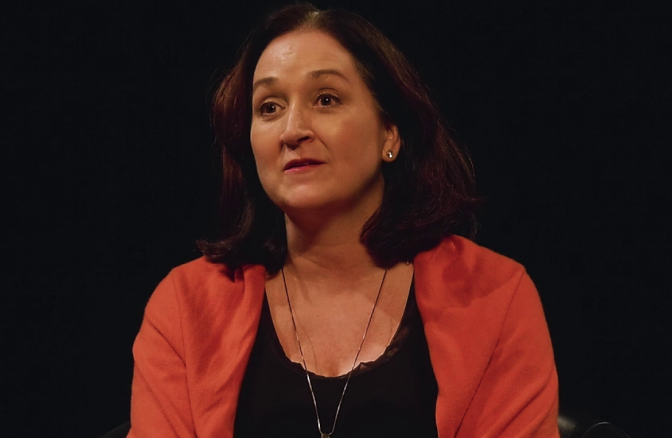Synopsis
What is Bluebeard, accused by the crowd of having killed his first five wives, hiding? From the moment she arrives at his gloomy castle, Ariane, his new wife, is determined to discover her husband's secret. She ends up freeing his first five wives but they prefer captivity to freedom. Ariane, however, decides to take hers.
More than feminist
A pupil at the Paris Conservatory, Dukas, a friend of Debussy and former music critic, was a gifted and atypical musician, perhaps best known for The Sorcerer's Apprentice (immortalized by Disney in the film Fantasia). It was in 1907 that Ariane et Barbe-Bleue, his only opera, was successfully staged at the Opéra Comique, based on a text by Maurice Maeterlinck, who was also the librettist for Debussy - denounced by some as a somewhat too visible influence and with whom Dukas shared a similar taste in orchestration. In fact, Dukas adapts one of Wagner’s techniques, the leitmotiv, which allows him to depict his characters in the music, using his own language. Rich in tone and colour, this is very effective when it comes to making the listener feel the atmosphere in Bluebeard’s castle. Long forgotten, the work strikes a very contemporary chord: composed principally for women's roles, it is more than simply feminist, posing the question of freedom as a universal concept.
Find our more about the health and safety measures we have put in place to enable you to attend performances and get the most out of your visit.
New production
A co-production with the Teatro Real of Madrid
